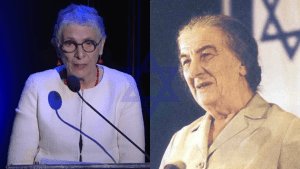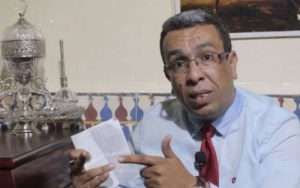Tunisia’s draconian censorship laws net maverick journalist

There are dark days ahead for press freedom in Tunisia, following laws imposed by its new president designed to crack down on a free press.
On 16th November, a Tunisian journalist claimed that police had started investigating him over a critical report about the prime minister, raising fears that the authorities are targeting press freedom and trying to silence free voices.
Nizar Bahloul, the chief editor of the online Business News website, became the first journalist to be probed under a law imposing prison terms up to 10 years for spreading false information or rumours online.
The law imposed by President Kais Saied in September, faced widespread criticism from journalists and activists and is widely seen as an attempt to silence the free speech.
Saied had said he would uphold the rights and freedoms won by Tunisians in a 2011 revolution that brought democracy after his moves last year to seize most powers and shut down the elected parliament, a move described by opponents as a coup.
This week, Bahloul published an analysis under the title, “Najla Bouden, the gentlewoman” in which he criticized the prime minister’s political and economic performance.
Bahloul said that the police asked him about phrases and words in his critical report. Many observers of his sharp tone though have said that it was only a matter of time before the authorities would come knocking on his door.
“Unlike many Tunisian journalists, Nizar Bahloul was determined to be censored rather than self-censor in light of Tunisia’s return to autocracy” says MENA analyst Monica Marks. “He knew the game—he’d reported under Ben Ali—but he refused to play it”.
The main journalists’ union strongly criticized the investigation of Bahloul, saying that “authorities are trying to attack freedom of the press and to intimidate journalists”.
But it’s not only press unions who are supporting the journalist.
The Tunisian Federation of Newspaper Directors (FTDJ) said it was “astonished” at the summons of the director of “Businessnews” to appear before the anti-crime brigade.
In a statement, the FTDJ condemned these practices which “constitute a blow to freedom of expression and are part of the crackdown on media directors and journalists.
Since Tunisia’s 2011 revolution, press freedom has been a key gain for Tunisians. Its media had become one of the most open of any Arab state, with even the state-owned news agency frequently reporting criticism of the authorities.
Want to chase the pulse of North Africa?
Subscribe to receive our FREE weekly PDF magazine













